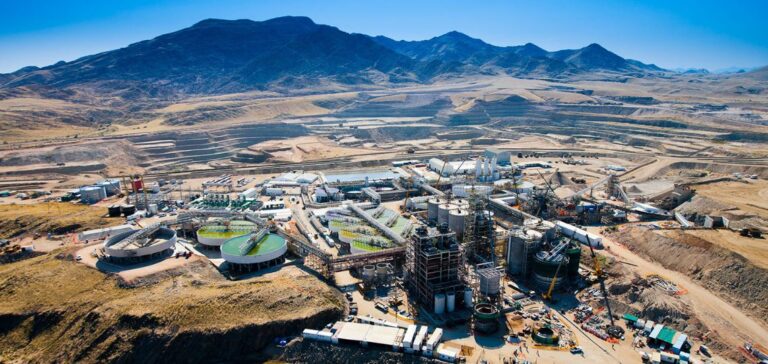Australian company Paladin Energy has relaunched the project to bring the Langer Heinrich mine in Namibia back into production, feeding the firsturanium ore into the processing plant on January 20 this year. Production and drumming of uranium concentrate was successfully completed on March 30. The aim now is to gradually increase production and build up a stock of finished product before the first shipments to customers.
A milestone for Paladin
Ian Purdy, CEO of Paladin, described the resumption of production as an important milestone for the company. He thanked staff and contractors for their commitment to restarting this world-class uranium mine, as well as the Namibian government and local communities in the Erongo region for their ongoing support.
Transition to production
As part of this transition to full production, Paul Hemburrow, Operations Director at Paladin, will take over responsibility for all mine activities. Located in central western Namibia, some 80 km east of Swakopmund, Langer Heinrich has produced over 43 million pounds of U3O8 over ten years of operation.
Participation and future projections
Paladin, based in Western Australia, holds 75% of the project, with the remainder owned by CNNC Overseas Uranium Holding Limited, a subsidiary of China National Nuclear Corporation. With planned production of over 77 million pounds of U3O8 over 17 years, Paladin expects to provide key operational parameters for the mine’s fiscal year 2025 in July.
Langer Heinrich’s relaunch enjoys the support of the Namibian government and local communities, essential for the long-term success of the project. Paladin is committed to making a positive contribution to the local economy while strengthening its position in the global uranium market.






















